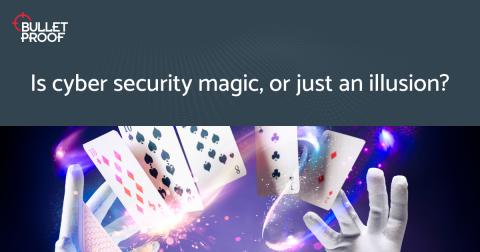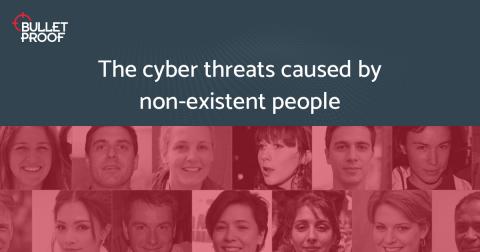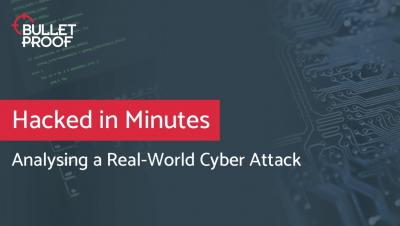Is cyber security magic, or just an illusion?
Magic seems to be very popular at the moment. Just look at last week’s Britain’s Got Talent, which featured an improbable number of magicians in its line-up. These included ‘X’, the masked magician who was wearing something that looked suspiciously like an anonymous mask and managed to supposedly hack Instagram. A lot of cyber security technology seems to work like magic, so is this a coincidence? Is ‘X’ a reformed hacker turned stage magician? Spoiler alert: no.











